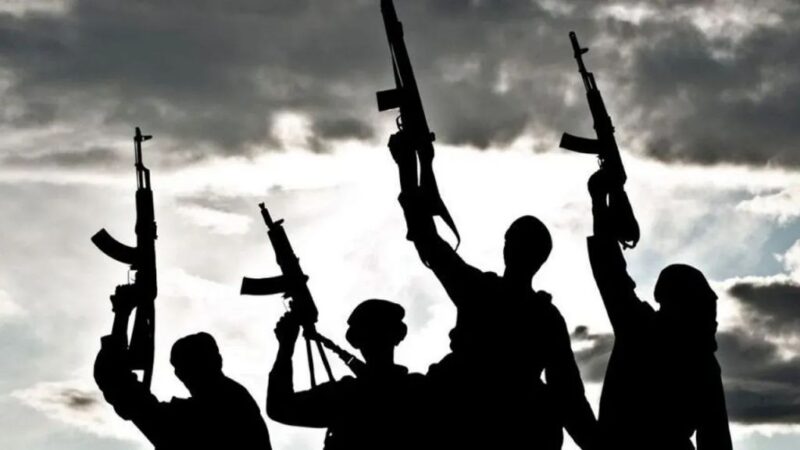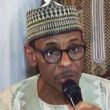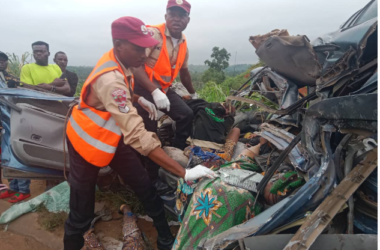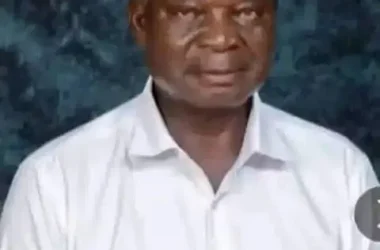Nigeria’s security chiefs are facing growing criticism following a series of deadly attacks across the country that have left hundreds dead in recent weeks. Concerned citizens, civil society groups, and lawmakers have all expressed frustration at what they describe as a lack of decisive action from those entrusted with securing the nation.
At the heart of the storm are several high-ranking officials, including the Chief of Defence Staff, Gen. Christopher Musa; Chief of Army Staff, Lt-Gen. Olufemi Oluyede; Chief of Air Staff, Air Marshal Hassan Abubakar; Chief of Naval Staff, Vice Admiral Emmanuel Ogalla; and Inspector-General of Police, Kayode Egbetokun. Also involved are the National Security Adviser, Nuhu Ribadu, and the Ministers of Defence, Mohammed Badaru and Bello Matawalle.
In just two weeks, over 250 Nigerians have reportedly lost their lives to violent attacks in states such as Plateau, Benue, Borno, Kebbi, Katsina, Kwara, and Abia. The most severe incident occurred in Plateau State, where 113 residents were reportedly killed by suspected Fulani militants in Bokkos and Bassa local government areas.
The emergence of a new terror group known as Mahmuda, also called the Mallam Group, has deepened fears in the North Central region. The group is said to have killed 15 vigilantes and villagers in Kwara State and now controls parts of Niger State, specifically within Borgu Local Government Area.
Amidst this unrest, videos of soldiers complaining about being under-equipped have gone viral, fueling public concern. In a statement, the Secretary General of the Association for Peace and Good Governance, Usman Anache, said, “The north has been turned into a killing field with no concrete action taken by the service chiefs.”
Meanwhile, notorious bandit Bello Turji remains at large despite a presidential directive last year for security leaders to relocate to Sokoto to apprehend him. Though the military claimed to be tracking him, Turji’s fighters have continued their reign of terror in Zamfara, Sokoto, and Katsina.
General Ishola Williams (retd.) alleged that security leaders may be profiting from the crisis. “They must be benefiting from the present situation… The police and the military are not ready to solve that problem,” he said, while calling for a full security overhaul.
Security expert Dr. Kabir Adamu noted a troubling lack of coordination among agencies, saying, “Each of them is operating in silos… The inability to coordinate the security agencies has created gaps that are being exploited by the criminals.”
Debo Adeniran, president of the Committee for the Defence of Human Rights, echoed this view, stating that the agencies are failing to gather meaningful intelligence. He believes service chiefs should be dismissed if they fail to meet clear performance targets.
Similarly, Patrick Agbamu of Security Watch Africa said, “The security operatives are not angels. Providing them with what they need to work with is when they can be questioned or removed.”
Retired Lt. Col. Abdulwahab Ademola argued that removing service chiefs might not be enough. He advocated for community-based security efforts and stronger roles for governors. “The governors should ban group motorcycles and anyone found in the forest,” he suggested.










